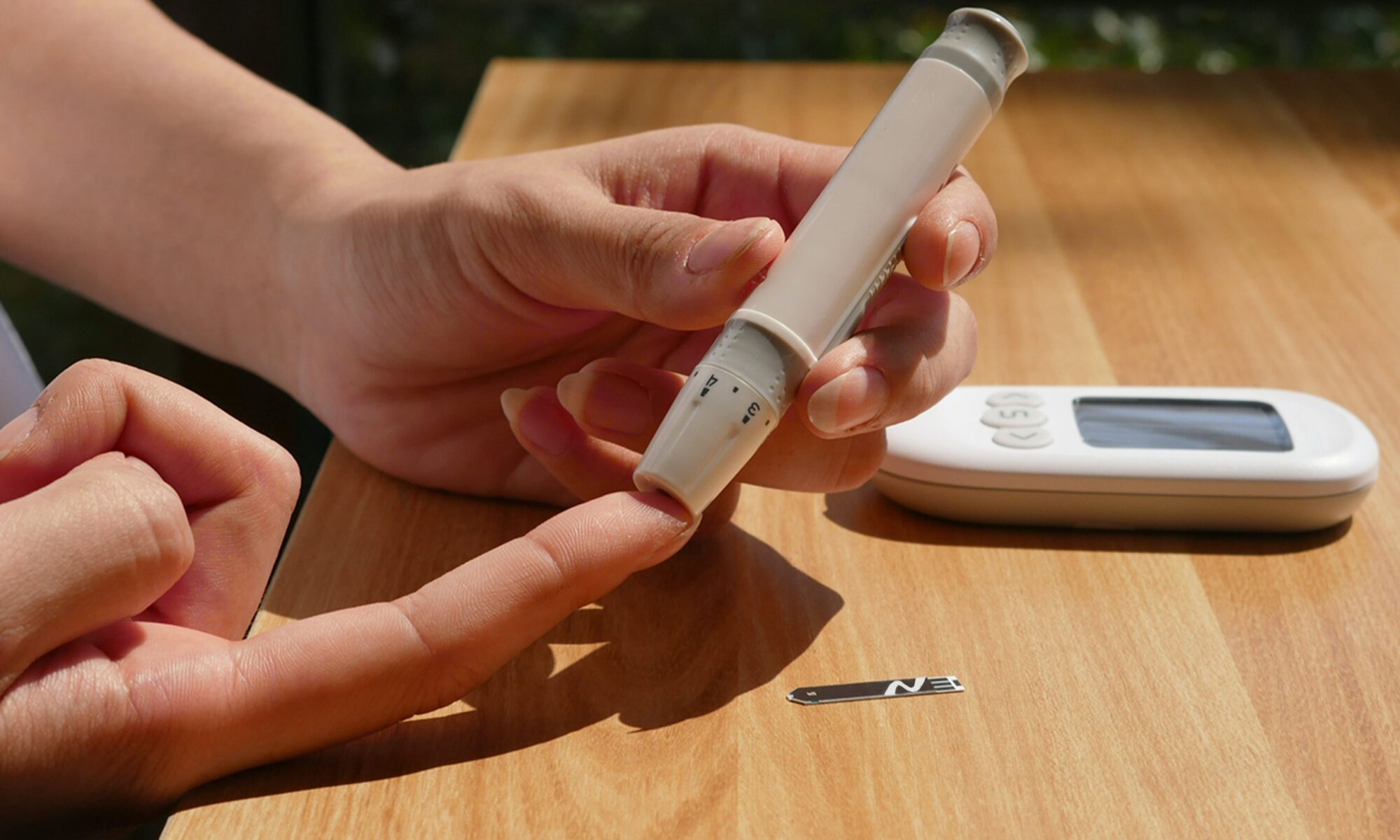More than 300 million people around the world are living with diabetes. Currently, there is no cure, but scientists are continually researching and testing different methods for treating and managing this disease. One of the major obstacles faced in treating type 1 diabetes is that the body’s immune system attacks and destroys insulin-producing beta cells, whether these cells are naturally occurring or introduced through medical treatment.
Some researchers are looking at ways to reprogram the body’s own cells to function as insulin-producing cells to help better control blood sugar. The human pancreas contains small niches where hormone-making cells reside. Within these niches, two different cells predominate: alpha cells, which make glucagon, and beta cells, which make insulin. In individuals with type 1 diabetes, insulin-producing cells are destroyed, but glucagon cells are not.
Scientists developed a method using viruses as carriers to deliver two genes that are present in insulin but glucagon cells to the glucagon cells allowing the cells to be able to produce insulin. Glucagon cells are a good option for this process because they are similar to insulin cells and appear in abundance in islets within the pancreas already. A decrease in these cells as they were reprogrammed did not appear to affect glucose metabolism.
These experiments have been performed in NOD mice, which are mice that develop diabetes very close to human diabetes. Following the experiment, the diabetes disease appeared to have resolved in the diabetic NOD mice thanks to the new source of cells making insulin in their pancreas. However, human application of this technique will take time since targeting specific cells is complicated, and the use of viral elements creates side effects that need to be resolved.
It is this type of research and these experiments that lead to breakthroughs in the treatment, management, prevention, and improvement in the quality of life for individuals living with type 1 diabetes. Though not involved in this particular study, the Diabetes Research Connection supports early-career scientists through funding for novel research on type 1 diabetes. Learn more about current projects and support their advancement by visiting https://diabetesresearchconnection.org.




